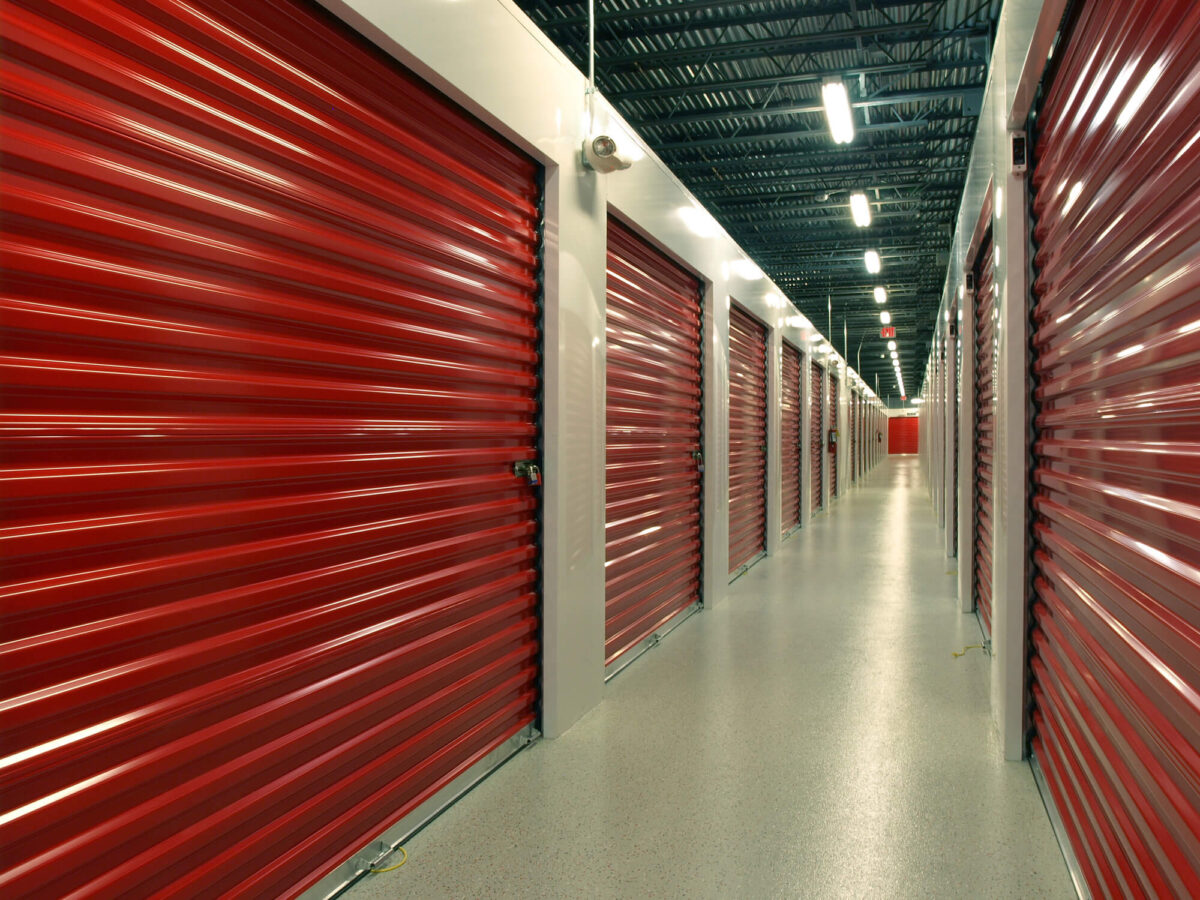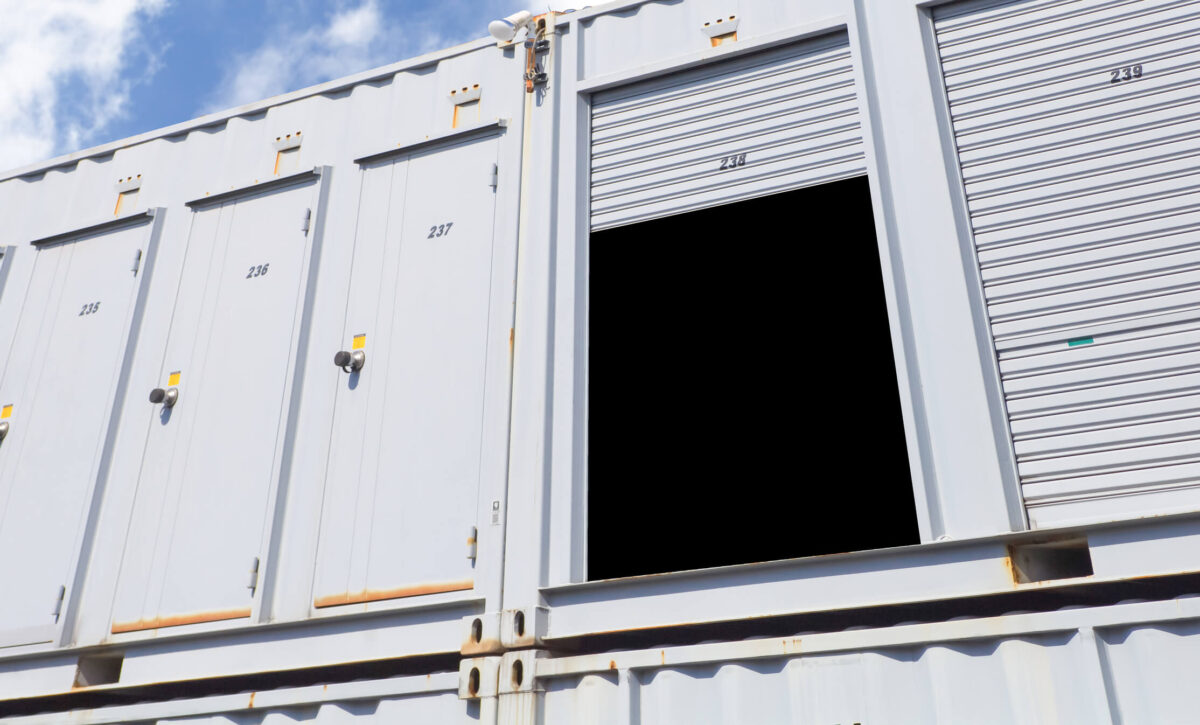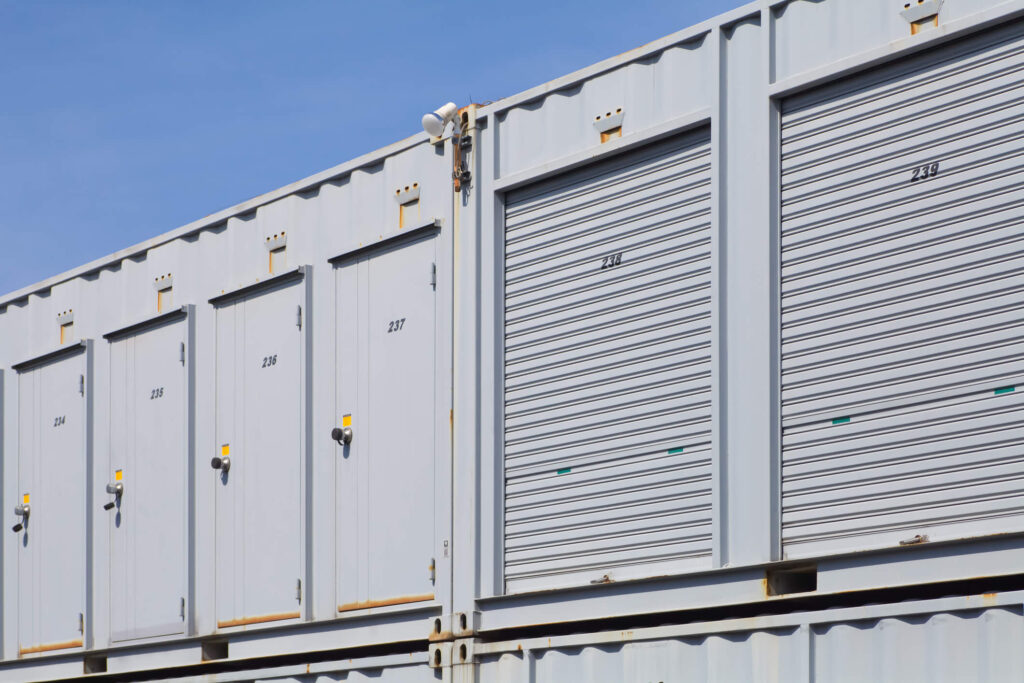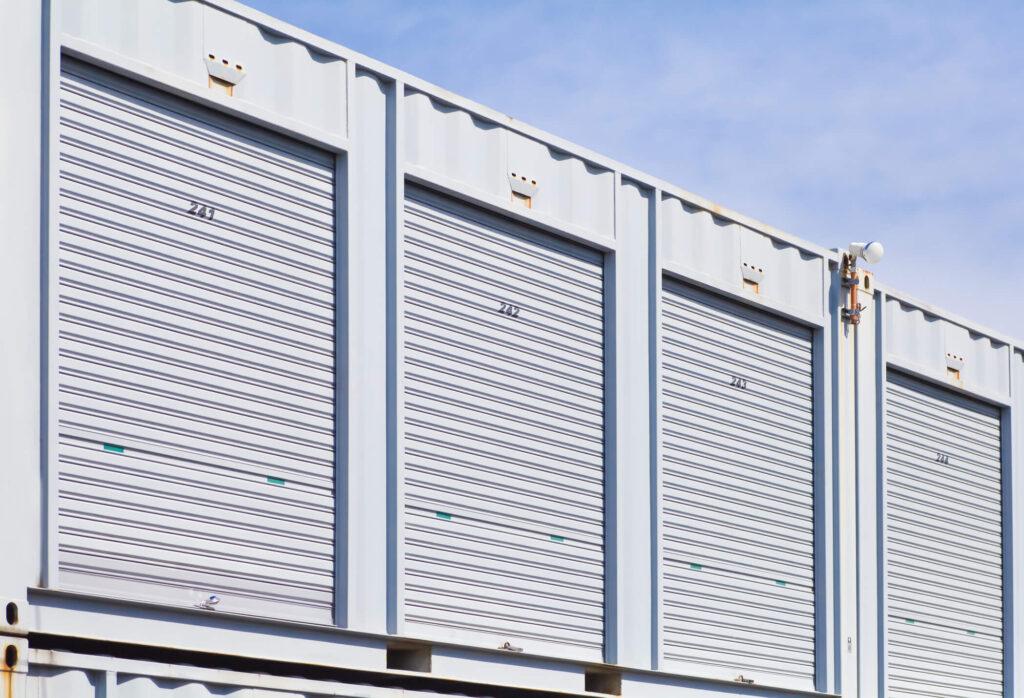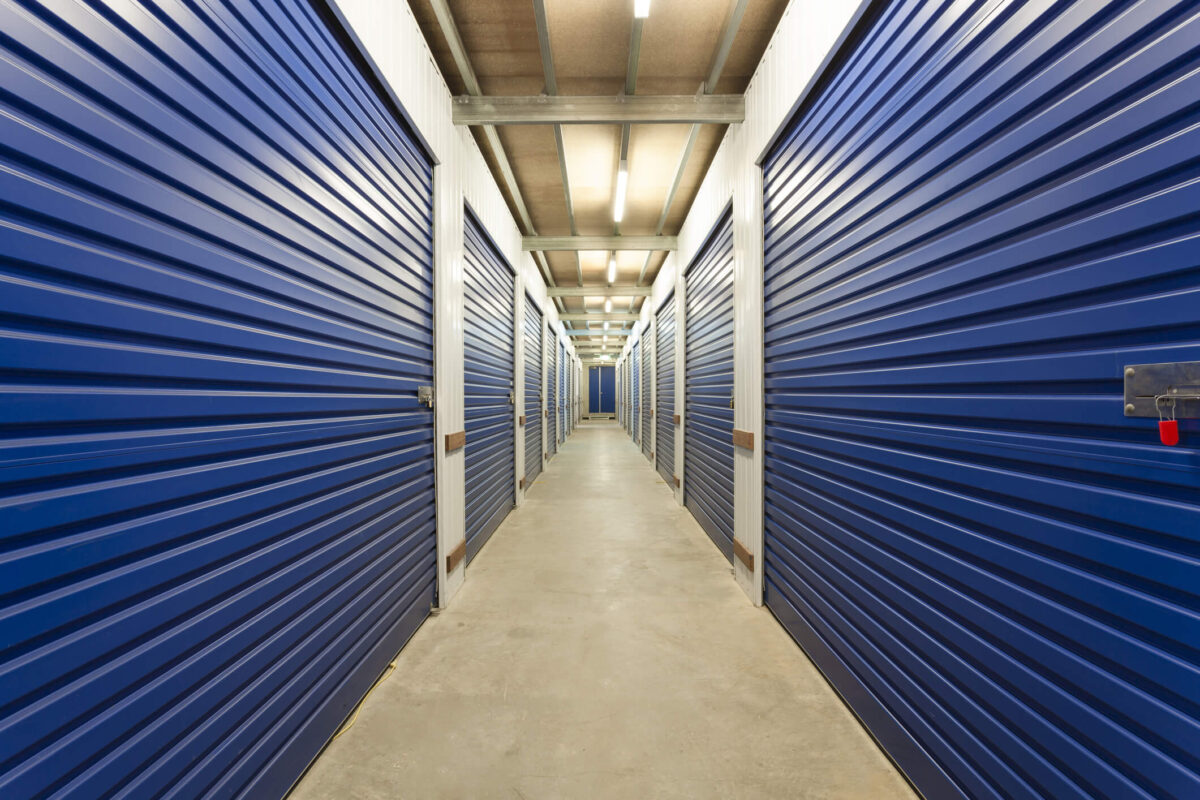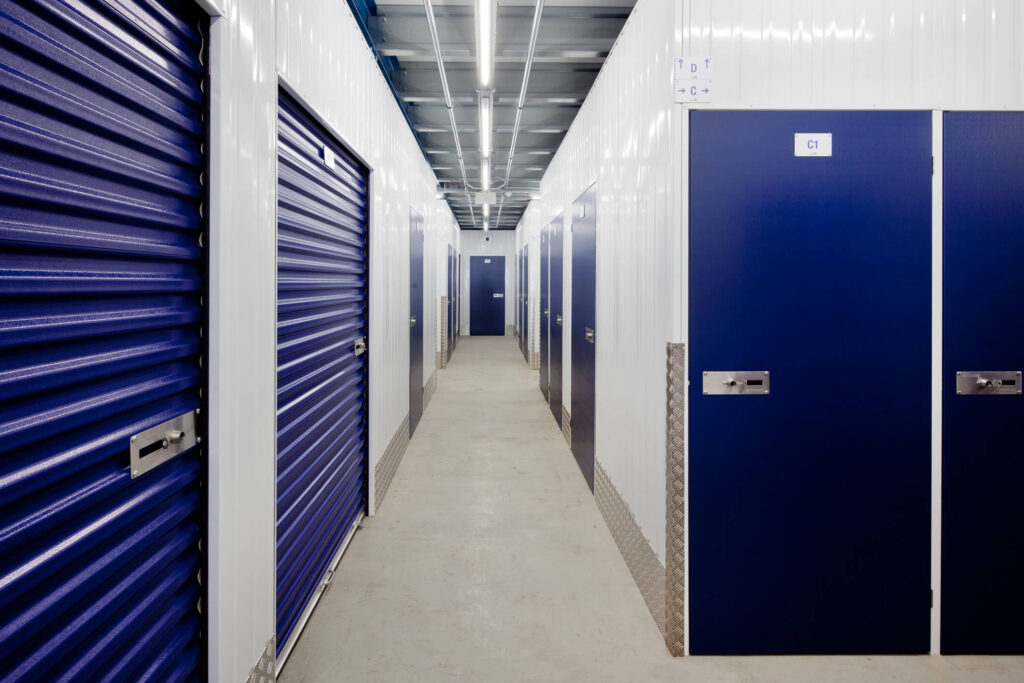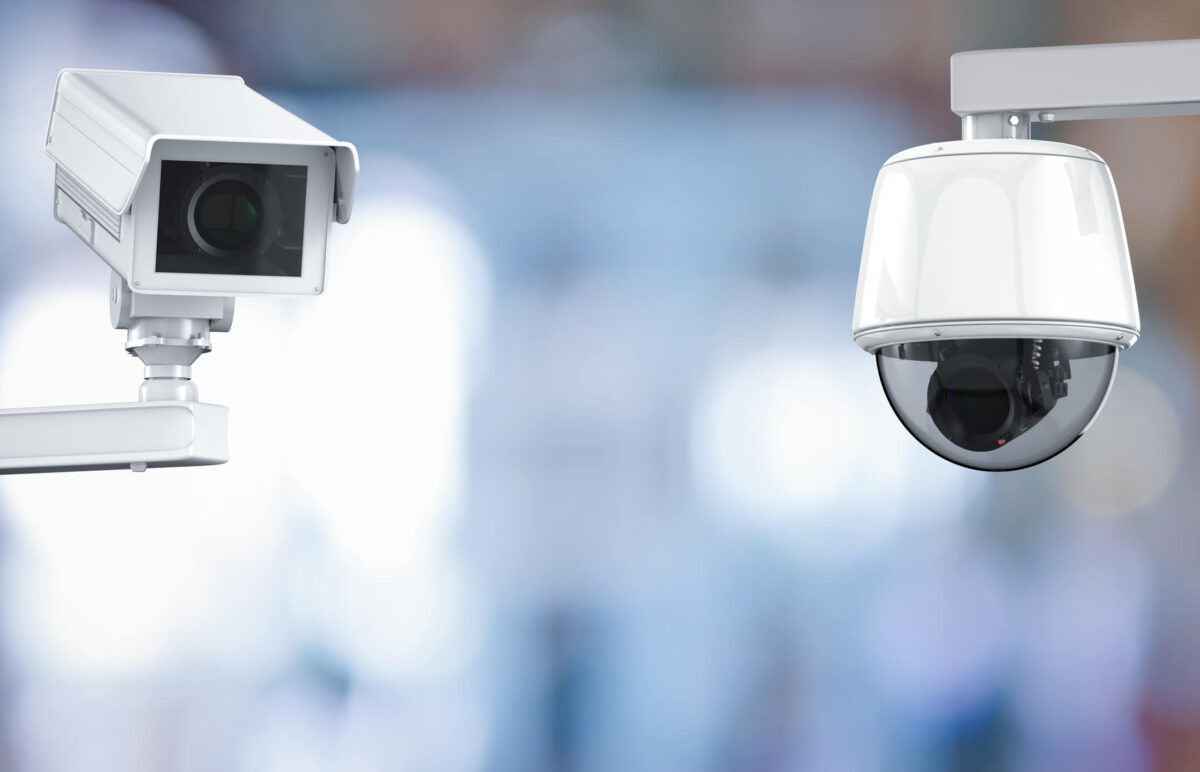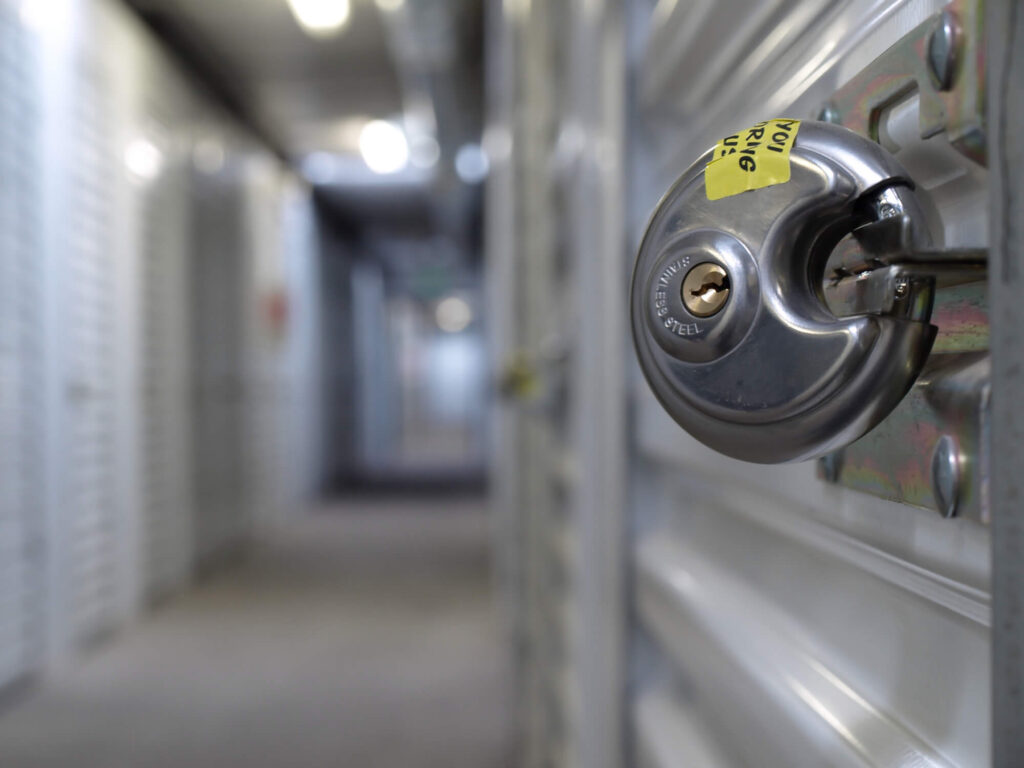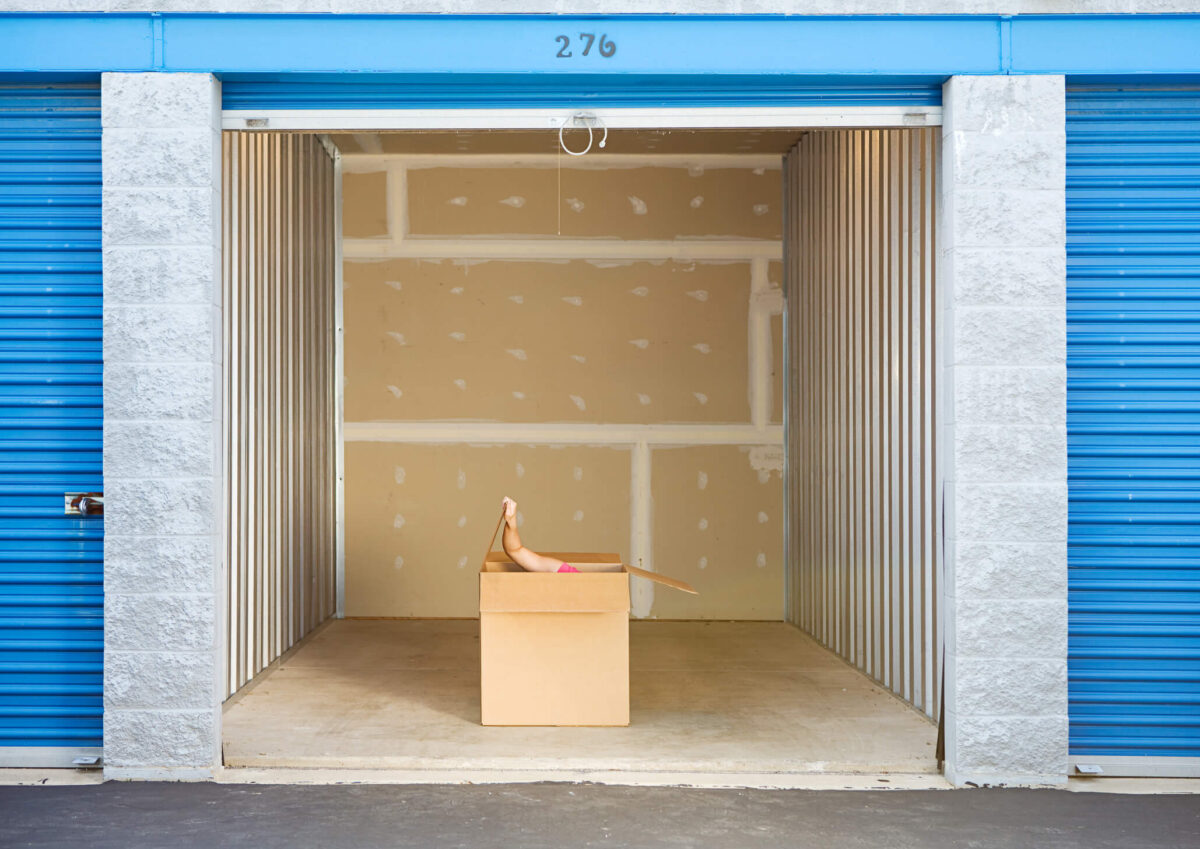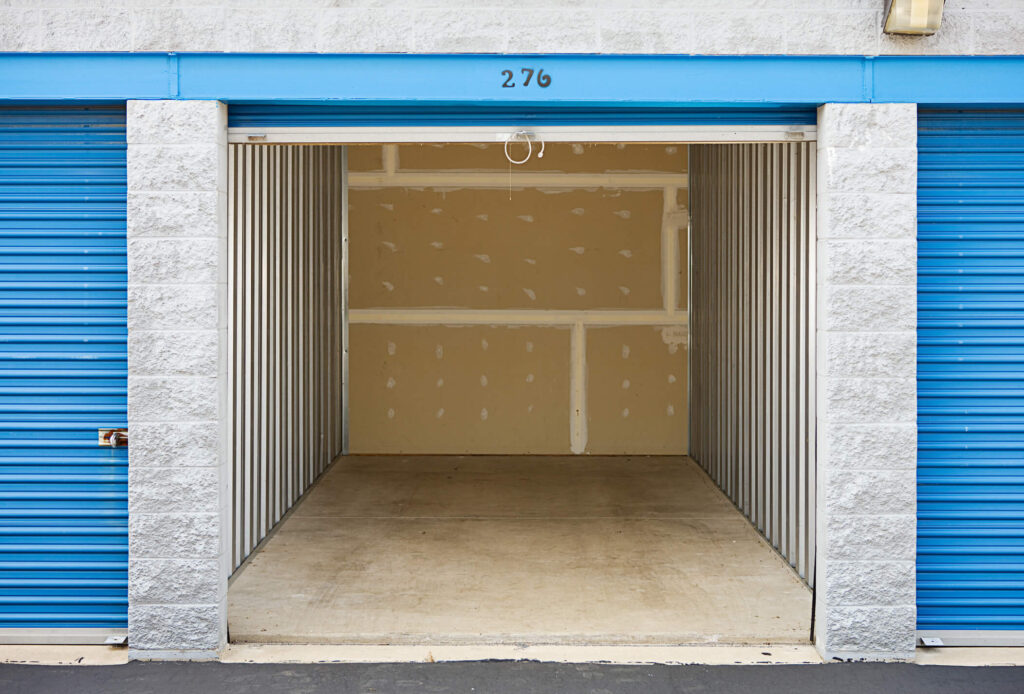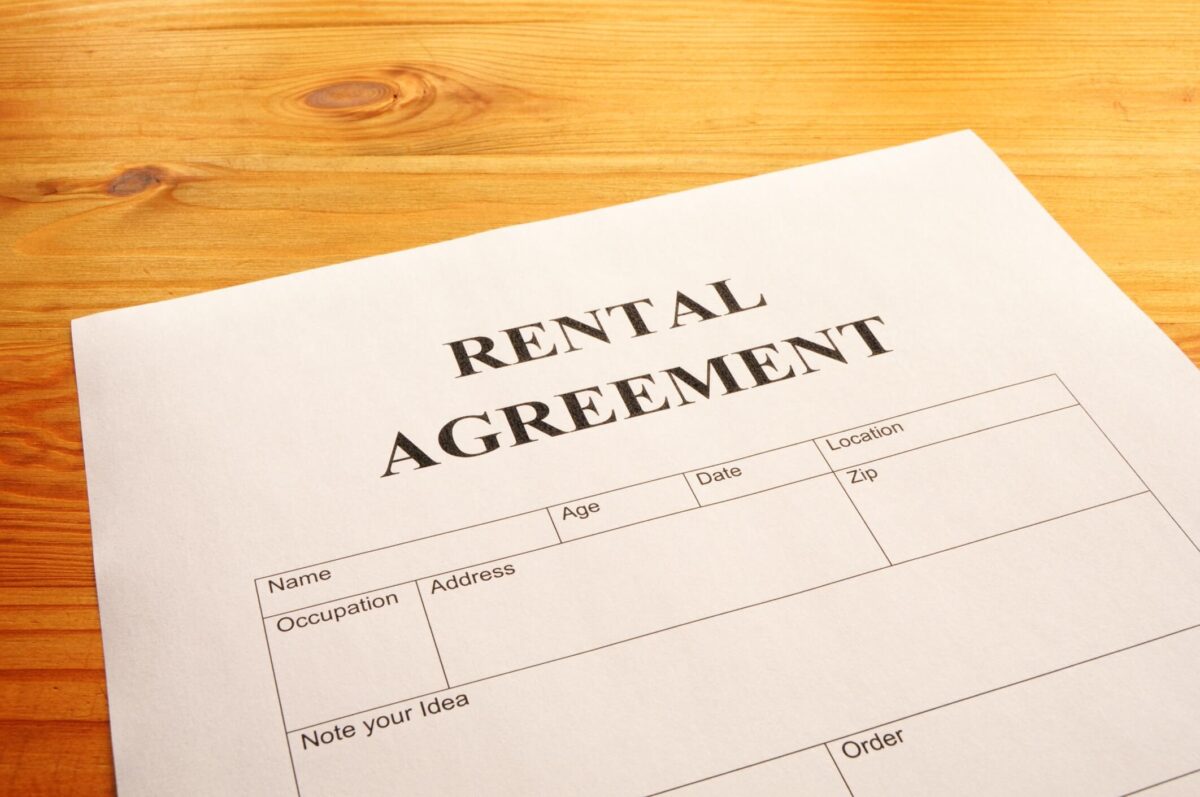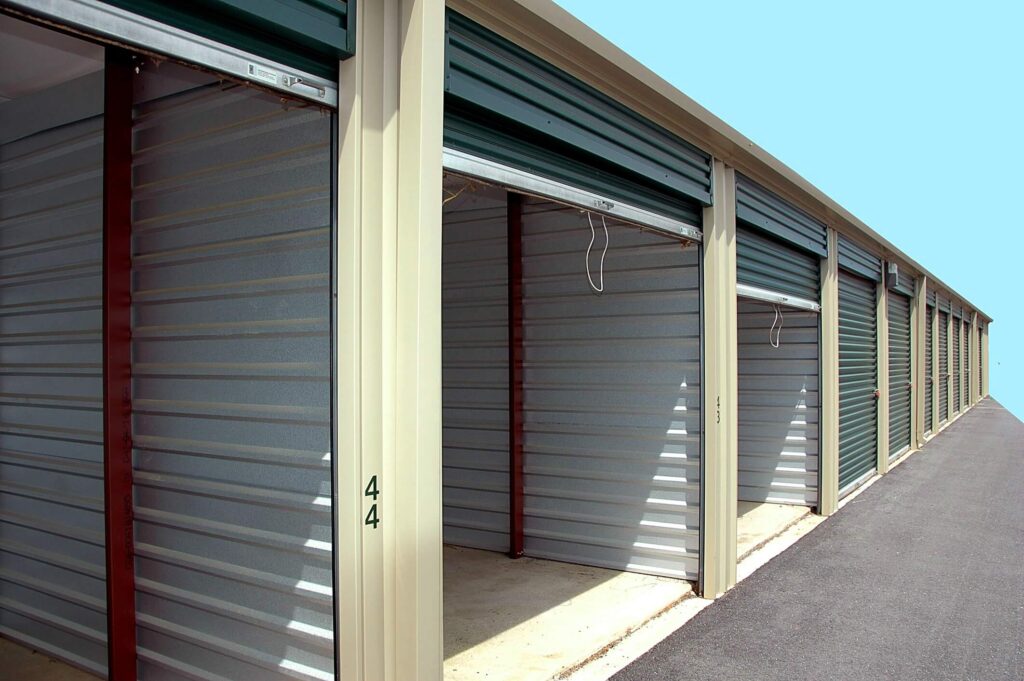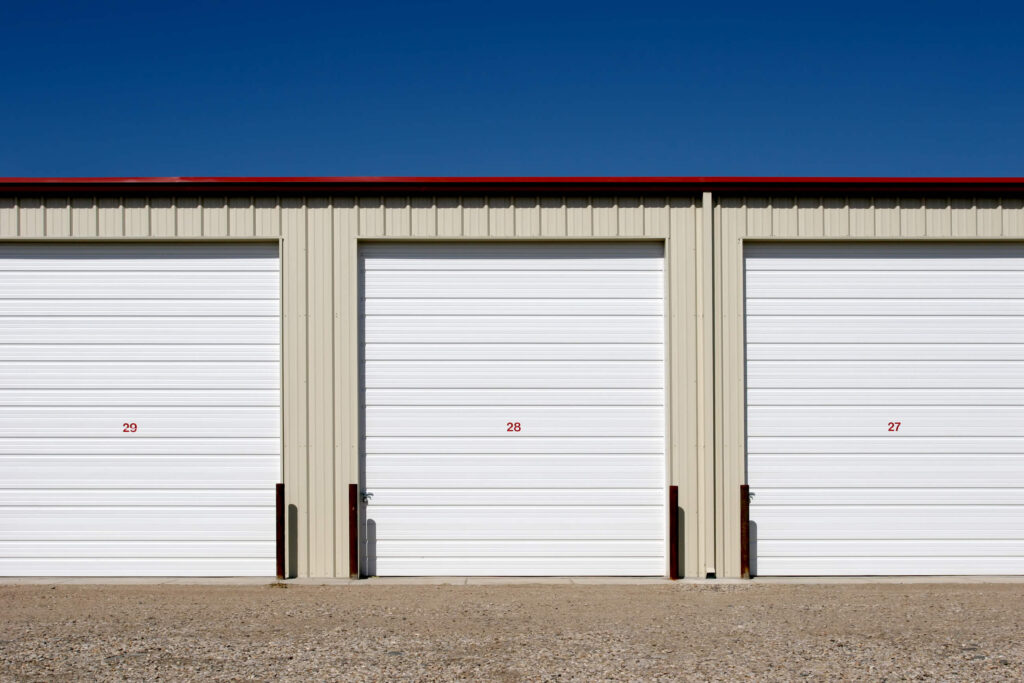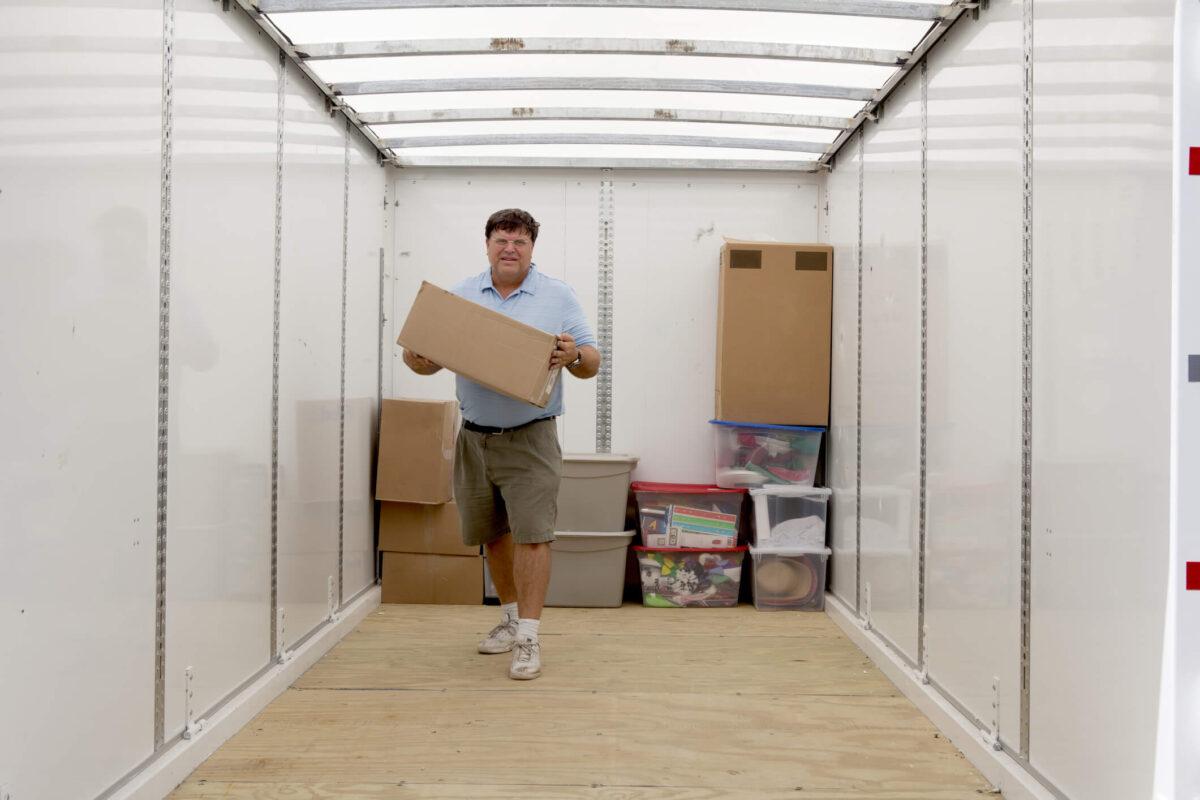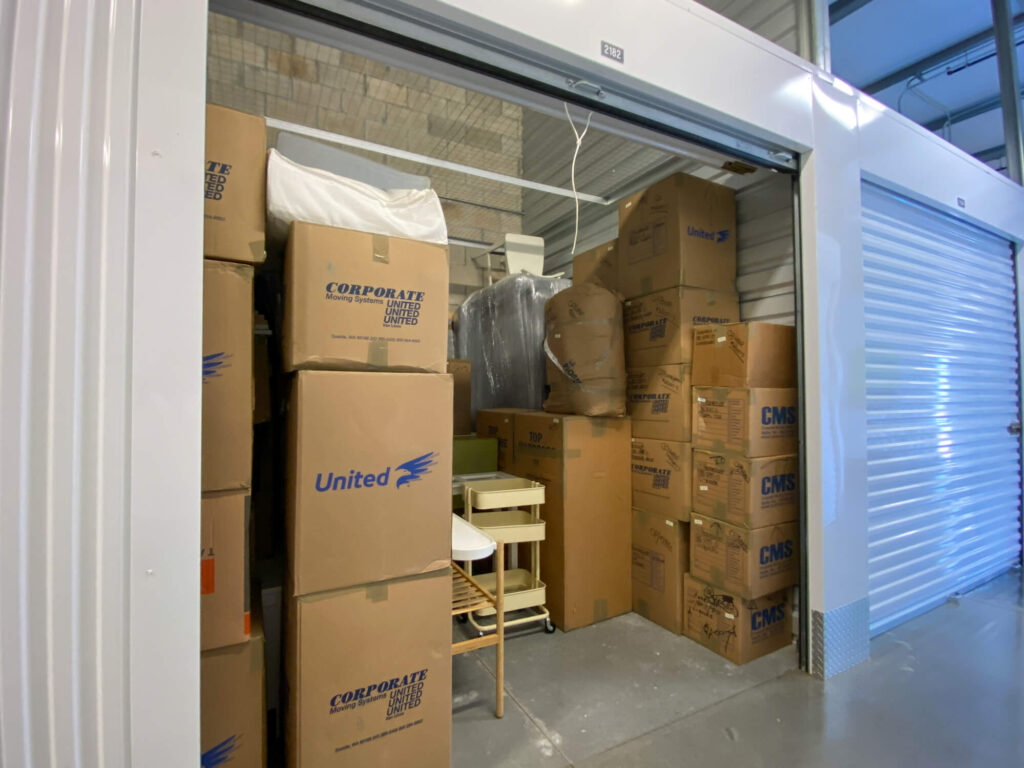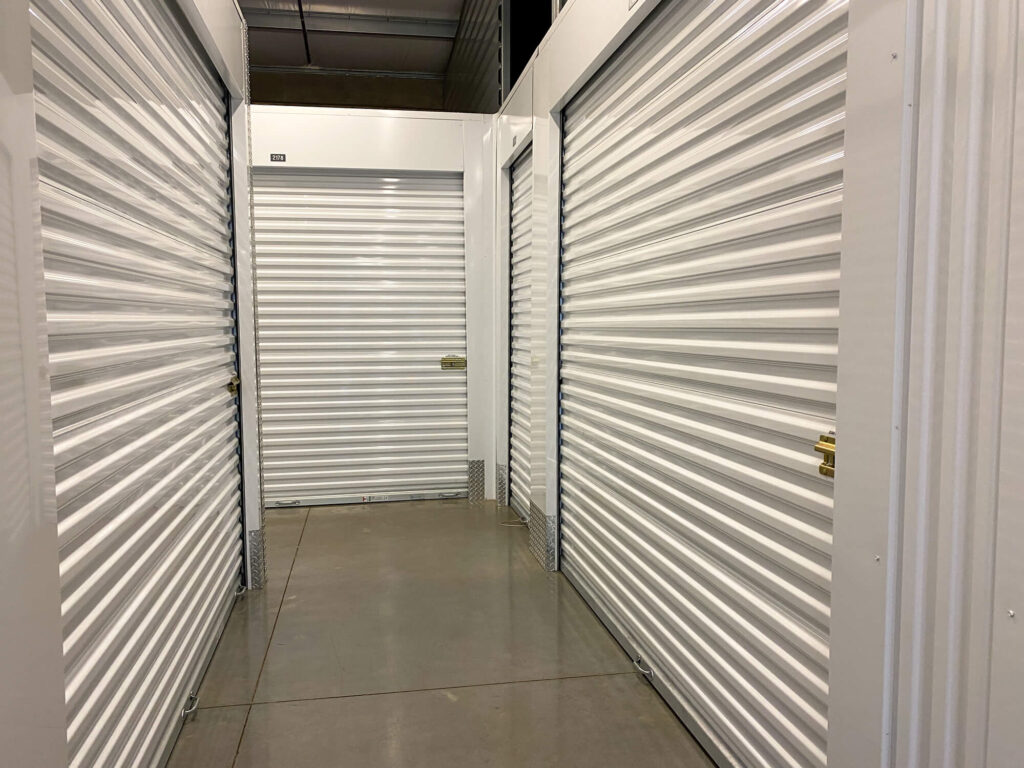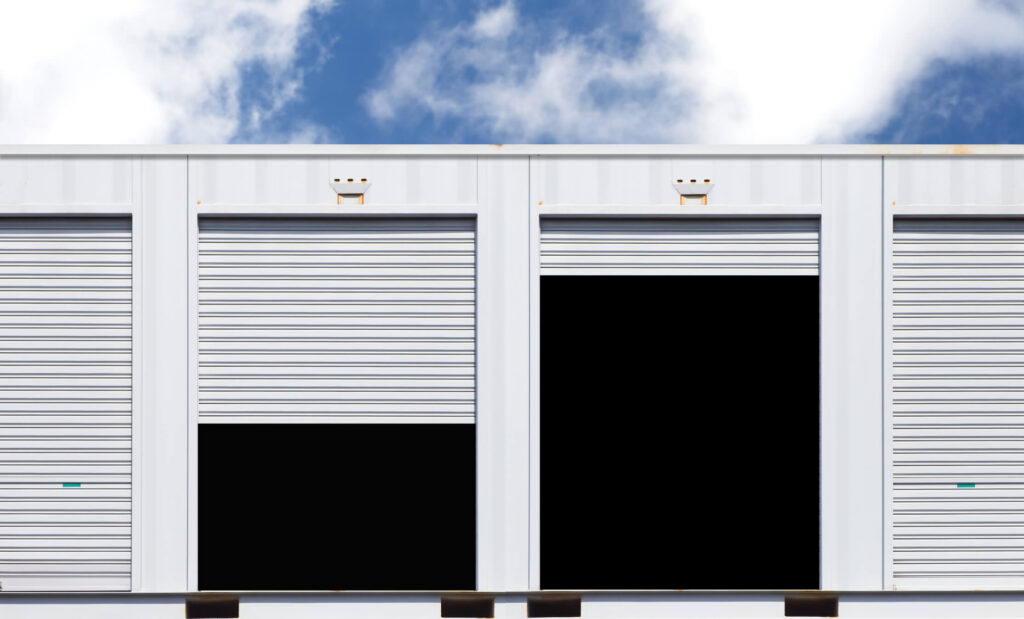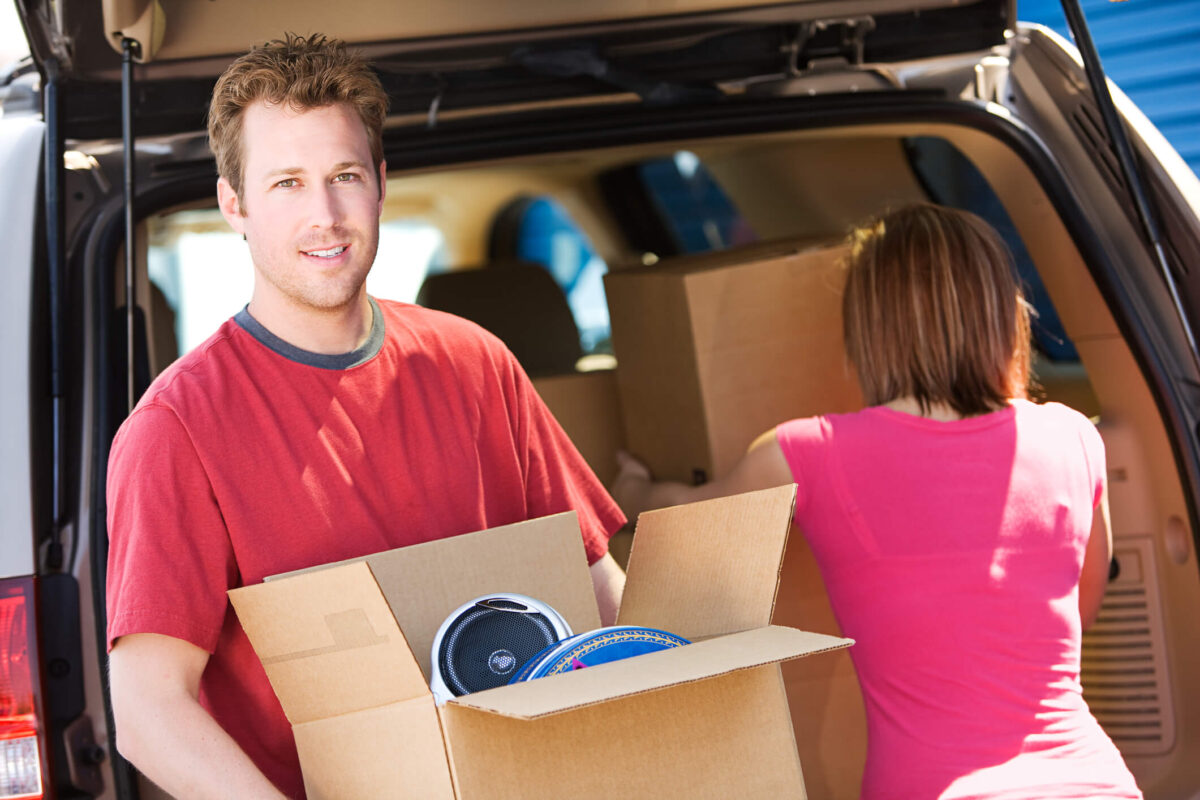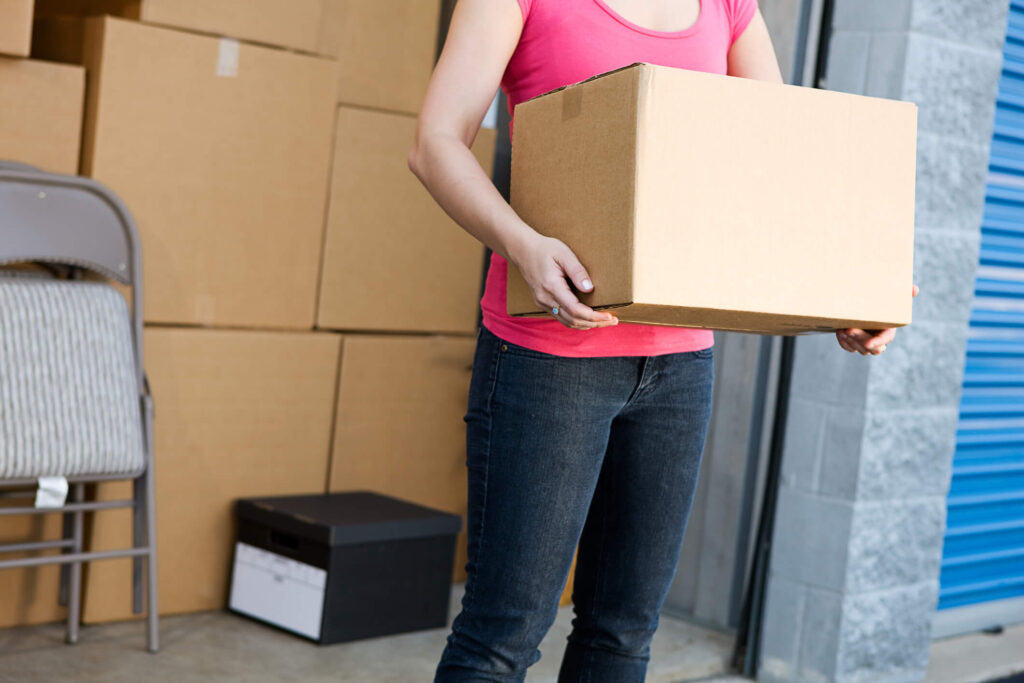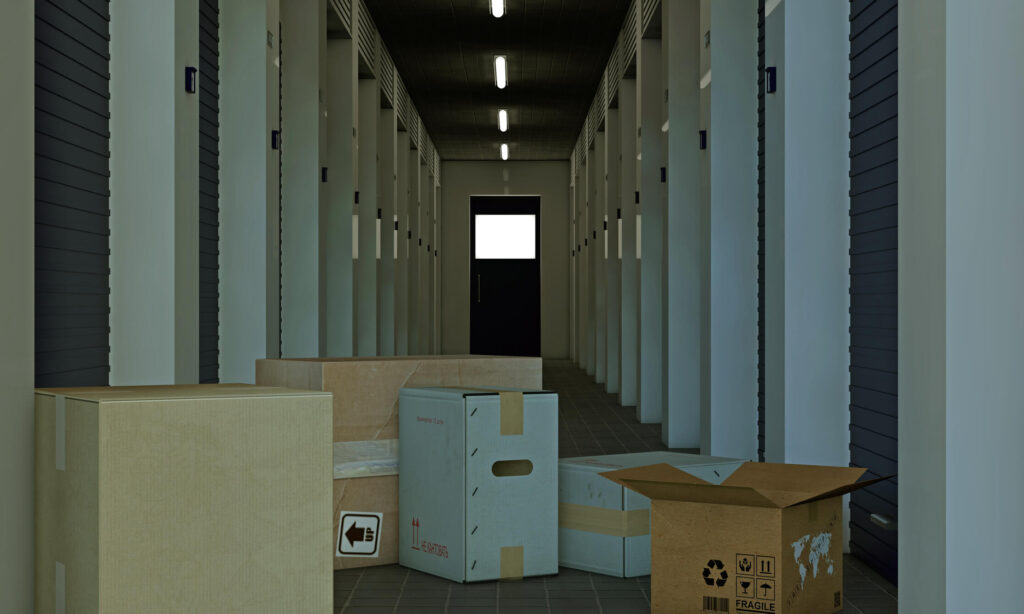Finding the right unit to fit your needs is essential for storage. You’re in the right place if you’ve been wondering how big a 10×10 storage unit is and what it can store. A 10×10 storage unit offers ample space for various belongings, from furniture to appliances, making it a popular choice for many people. Let’s explain what you can expect from a 10×10 unit and why it might be the perfect solution for your storage needs. Consider the rental process, and remember to get an estimate of the volume of your items to determine how much you can fit. It’s also helpful to take measurements of your belongings and plan the layout of your storage space to make the most of the unit. Proper packing techniques will allow you to maximize the available space and keep your items organized and safe.
What is a 10×10 Storage Unit?
A 10×10 storage unit provides 100 square feet of space. That’s enough room for various items, whether you’re storing personal belongings, business inventory, or larger items like furniture and appliances. Typically, this unit size can hold the contents of a one-bedroom apartment, including boxes, furniture, mattresses, and appliances. It’s perfect for storing items during a move or renovation or as a long-term solution.
When considering whether a 10×10 storage unit is right for you, consider the dimensions and how much space you need for your storage items. It can accommodate a variety of items such as furniture, boxes, and even more significant things like refrigerators, washers, or dryers. Depending on the facility’s location, a 10×10 unit might be suitable for garage storage or a convenient self-storage unit for storing other large items.
How Much Can You Fit in a 10×10 Storage Unit?
A 10×10 unit can fit the following:
- Furniture: A couch, chairs, tables, and dressers can easily fit in a 10×10 storage unit.
- Appliances: If you need to store a washer, dryer, or refrigerator, a 10×10 unit will have enough space to accommodate them.
- Boxes: It can hold several boxes, making it ideal for storing packed belongings during a move or remodel.
- Mattresses: This space comfortably accommodates a queen-size mattress, box spring, and other bedroom pieces.
- Vehicles: Depending on how you organize the items, you may store motorcycles, snowmobiles, or even a tiny car in a 10×10 unit.
Essentially, a 10×10 storage unit is large enough to store the items of a one-bedroom apartments, a small office, or a few vehicles. It’s an ideal choice if you need to store more significant things like furniture, appliances, or inventory. For business storage, it’s perfect for holding inventory, files, and other materials that need to be kept out of the way but are still accessible.
When considering the number of items you need to store, make sure to account for the ceilings of the unit as well. Many locations offer different sizes of units, so be sure to ask for the information you need to make an informed decision. If you’re unsure about the space required for your belongings, questions about the dimensions and available units that suit your storage needs are always good. A 10×10 unit might be a perfect option for a family with multiple bedrooms.
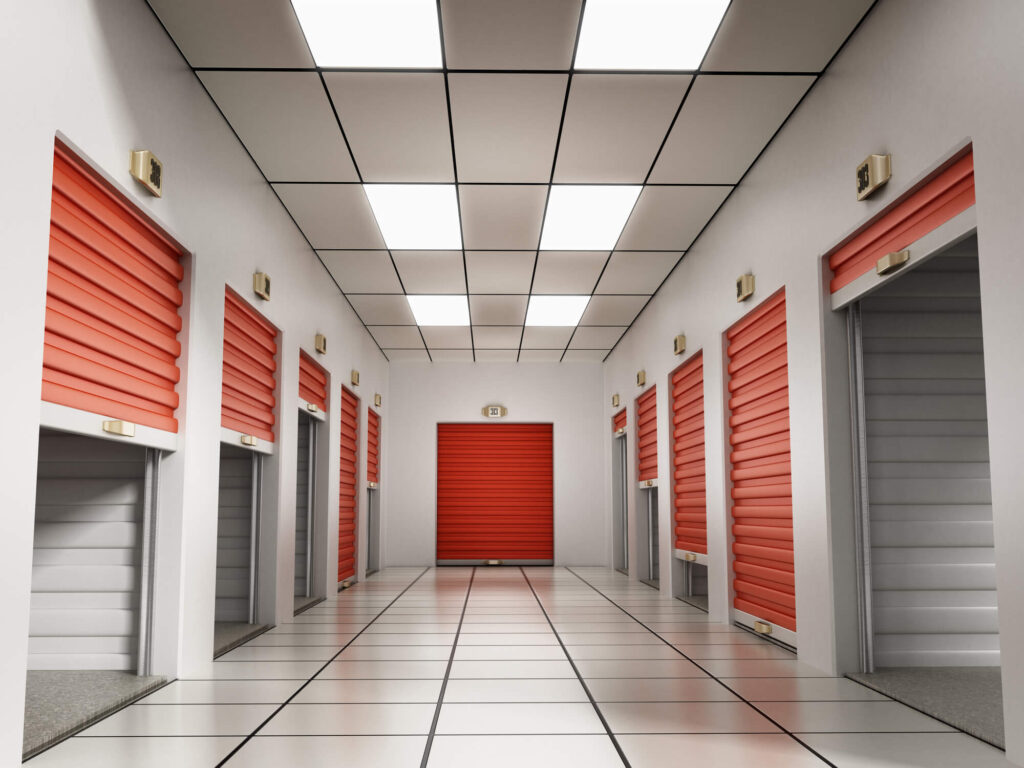
Why Choose a 10×10 Storage Unit?
There are many reasons why people choose a 10×10 storage unit. Whether moving or needing extra space, a 10×10 storage unit provides the flexibility and capacity you need. For example, a 10×10 unit can hold half of the items from a typical house, including cars, a truck, or other significant belongings. This makes it ideal for storing furniture, appliances, and stuff you want to keep out of the way during a transition. Additionally, comparing storage unit prices from different providers will help you find the best deal for your needs, especially if you have your items for an extended period. Let’s list some of the main reasons for considering this unit size.
1. Flexibility and Size
The dimensions of a 10×10 unit offer just the right balance of space size for storing various items. It’s so big or small, making it versatile enough for most storage needs. It stores everything from furniture to appliances, boxes, and seasonal items. If you’re sure how much space you need, a 10×10 self-storage unit is often a safe bet because it can hold a lot without being overwhelming. Additionally, if you need items like trucks, you can ask for answers about the ceiling height to ensure everything fits properly. A 10×10 unit offers flexibility regarding what you can store while still being compact enough to meet your needs.
2. Convenient for Moving
Suppose you’you’re’you’re10×10 storage unit is often large enough to hold the contents of your entire apartment or family room. During the moving process, you might need temporary storage for your furniture, mattresses, and boxes before settling into your new home. This unit provides an excellent solution for short-term storage during your move, keeping your belongings safe and organized. Whether in New York, moving from Miami, or anywhere else, 10×10 storage units can store anything you need during your transition. It is ideal for those looking to keep their items secure while they finalize their living situation.
3. Ideal for Renovations
Renovating your home? A 10×10 unit offers enough room to store furniture, appliances, and other items while work is done in your home. It protects your belongings from dust, debris, and potential damage, especially if you have multiple rooms or need to clear out an entire room. Additionally, consider the availability and size of storage unit options that best suit your needs. You may also find a shed or other storage options that fit your specific requirements, depending on what you need to store. A 10×10 unit is versatile enough to protect all your items during renovation.
4. Business Storage
For small businesses, a 10×10 storage unit can be the perfect solution for storing inventory, equipment, documents, etc. Business storage allows you to keep your office or work area uncluttered while quickly accessing materials and supplies when needed. If your business has seasonal storage needs or you’re running out of space in the office, a 10×10 unit is an affordable option. Check the FAQ for additional information if you’re interested in the specifics. Whether in Chicago or New Jersey, a 10×10 unit offers plenty of space for business materials. For example, you can even make a car fit in the medium space of a 10×10 unit and still have room for other business equipment. With extra covers for items or seasonal products, a 10×10 unit provides the length you need for various materials.
5. Budget-Friendly
One of the main reasons people choose a 10×10 storage unit is because it offers good value for the space. Whether you need it for a short-term move, renovation, or long-term storage, this size unit typically comes at an affordable price. While prices may vary based on location, facility amenities, and other factors, a 10×10 unit remains one of the most cost-effective choices in the storage facility market. You can find the perfect match for your needs by comparing storage unit sizes. The advantage of a 10×10 unit is that it strikes the right balance between affordability and storage capacity, making it ideal for those looking to store personal or business items. No matter the country or region, your unit size is a popular choice for short- and long-term storage solutions.
What Can You Store in a 10×10 Storage Unit?
A 10×10 storage unit can hold a wide variety of items. Some of the most common things stored in these units include:
- Furniture: As mentioned earlier, couches, chairs, tables, and coffee tables are everyday items stored in this size unit.
- Appliances: Refrigerators, washers, dryers, and microwaves can also fit in a 10×10 unit.
- Personal Belongings: Boxes of clothes, books, electronics, and documents are typically stored in this size unit.
- Seasonal Items: Think of holiday decorations, outdoor furniture, bikes, and sports equipment.
- Business Inventory: Many small businesses store this space’s inventory, supplies, and equipment.
If you have a 10×10 storage unit, you can rest assured that there is space for all your personal, business, or seasonal objects. Whether in Los Angeles or elsewhere, you can maximize the space available in your 10×10 unit.
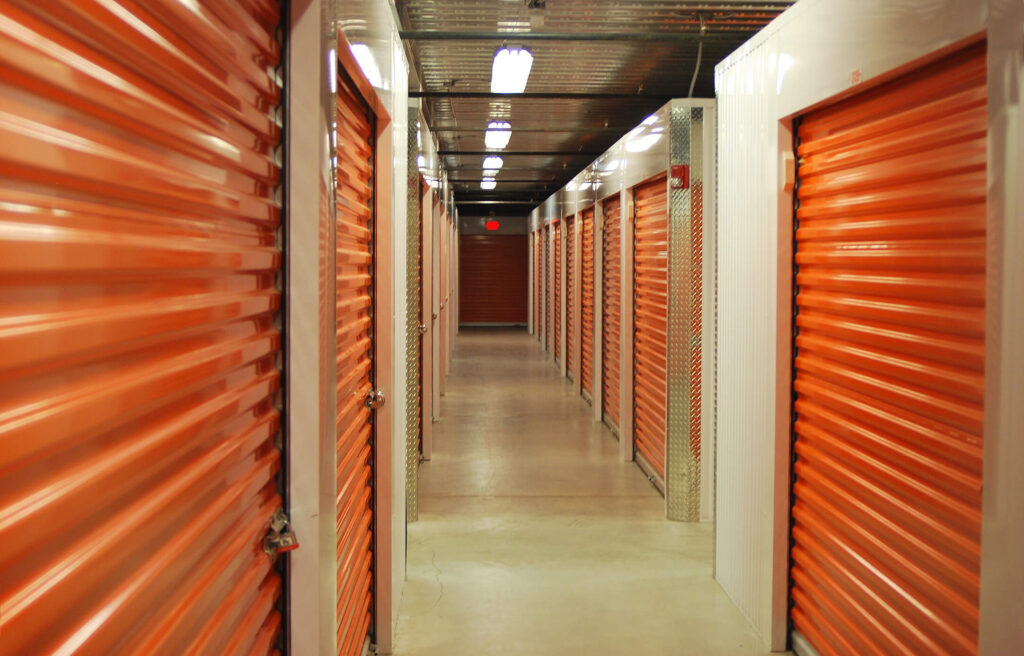
Benefits of Renting a 10×10 Storage Unit
Renting a 10×10 storage unit has several advantages, making it an excellent option for various storage needs.
1. Storage Tips and Organization
A 10×10 storage unit offers an excellent opportunity to organize your belongings efficiently. Storage tips such as stacking boxes and vertical space can help you make the most out of this unit. By arranging your items properly, you can fit more in the unit and keep your belongings protected and easily accessible. Whether storing yours, creating a list of your items for easier retrieval, or organizing materials as a student, a 10×10 unit can help. For businesses, special promotions may offer discounts on storage, saving you money while helping you store thousands of items. With so many ways to organize, a 10×10 unit provides a flexible solution for all your storage needs.
2. Climate-Controlled Storage Unit
A climate-controlled storage unit is an excellent option for sensitive items like electronics, artwork, or documents. These self-storage units maintain a consistent temperature and humidity level to protect your items from the damaging effects of extreme heat, cold, or moisture. This is particularly beneficial if you live in a place with harsh weather conditions or want to keep your belongings in top condition. Whether you’re looking for your self-storage items or need the protection of a climate-controlled environment, this option ensures your valuables stay pristine.
3. Business Storage Solutions
For businesses, a 10×10 storage unit provides the flexibility to store essential documents, excess inventory, or office furniture. This business storage type allows easy access to your items without cluttering your office or workspace. It’s also a cost-effective solution for your company. Whether you’re storing your or you’re business-related items, a 10×10 self storage unit offers a practical solution for any person or business looking to stay organized and efficient.
4. Accessibility and Convenience
Most storage facilities, including McDowell Mountain Community Storage, offer accessibility features such as extended hours, drive-up units, and secure access points. This makes storing and retrieving your items quick and easy. Whether you’re storing your refrigerators, you’ll find that your convenience unit makes your life easier. You can store anything from couches to tables, coffee tables, and even larger items like a mattress, washer, or dryer. Many self-storage units offer box sizes that can fit your needs. Whether you’re in Miami or anywhere in the country, the 10×10 availability can fit a wide range of storage needs.
5. Self-Storage Options for Everyone
Whether moving, entering, or entering storage space for your apartment, a self-storage unit like a 10×10 unit provides everything you need. It’s flexible and offers peace of mind, knowing that your belongings, such as lamps, closets, records, and products, are safe and easily accessible when needed. For students, a 10×10 storage unit can be perfect for storing your box sizes and keeping your belongings safe over the summer. Promotions offer great prices and help estimate the money you’ll spend. You’ll store thousands of items or more significant pieces like mattresses, coffee tables, couches, and seasonal equipment. Access to your self storage units is simple, and you’ll find that you can store everything you need without feeling cluttered. This option is a great way to manage your storage needs on a budget, whether you’re storing your items or your inventory.
How to Choose the Right Storage Unit for Your Needs
If you’re still unsure whether a 10×10 storage unit is the best option, here’s the simple answer: Here’s the right unit for your needs.
1. Evaluate What You Need to Store
Inventory your belongings and determine how much space you’ll need. If you stay in your apartment or a family room, a 10×10 unit is likely sufficient. However, if you have larger items, such as vehicles or bulky furniture, you may want to opt for a larger unit.
2. Consider Additional Services
Some storage facilities offer additional services like climate-controlled storage units or business storage options. If you have unique storage needs, consider these services.
3. Budget and Price
Prices for storage units can vary based on location, facility amenities, and accessibility features. Be sure to compare prices from different facilities to find the best deal for your budget.
Conclusion
A 10×10 storage unit is a versatile and cost-effective choice for those needing extra space. Whether moving, courting, or searching for a place to store your belongings, this unit offers the size and flexibility you need. With options like climate-controlled storage and business storage solutions, you can tailor your storage experience to suit your specific needs. If you’re ready, contact a reliable storage provider today to secure your 10×10 unit.
Frequently Asked Questions
Can I rent a 10×10 storage unit for a short period?
Yes, many storage facilities offer flexible rental terms, including month-to-month leases, allowing you to rent a unit for as little as a few weeks or as long as you need.
Is climate control available for a 10×10 storage unit?
Some storage facilities offer climate-controlled units to protect sensitive items like electronics, antiques, or artwork from extreme temperatures and humidity. You should check with the facility if they offer climate-controlled options.
What should I do if I can’t access business hours?
Many facilities provide extended access hours or 24/7 access for a convenience fee. Contact the facility for more options if you need access outside of regular hours.
Can I upgrade or downgrade the size of my storage unit during my rental?
Yes, many storage facilities allow you to change the size of your unit based on your needs, but be sure to check for availability and any associated costs when making changes.
How far in advance should I reserve a 10×10 storage unit?
It’s generally recommended to storage unit as soon as you know you’ll need it. You’ll especially be busy during busy seasons like summer or moving times. Reserving in advance ensures you get the unit size you want.
Can I store items for my business in a 10×10 storage unit?
Businesses often use storage units for inventory, equipment, or documents. Ensure that the storage unit is appropriate for the business items you plan to store.
Do I need to clean my storage unit before moving out?
While it is not always required, most facilities ask that you leave your unit clean and free of the trash when you move out. Some facilities may charge a cleaning fee if the unit is in poor condition.
What happens if I miss a payment for my storage unit?
Missing a payment could result in a late fee or even loss of access to your unit. If you anticipate missing a payment, contact the facility to discuss possible payment arrangements and avoid additional penalties.
Can I have someone else access my storage unit?
Many facilities allow you to add authorized persons to access your unit. You’ll typically provide their details, and they may need to present their ID.
What is the typical size of a 10×10 storage unit in cubic feet?
A 10×10 storage unit typically offers about 800 cubic feet of space to store the contents of a one-bedroom apartment or small home.


